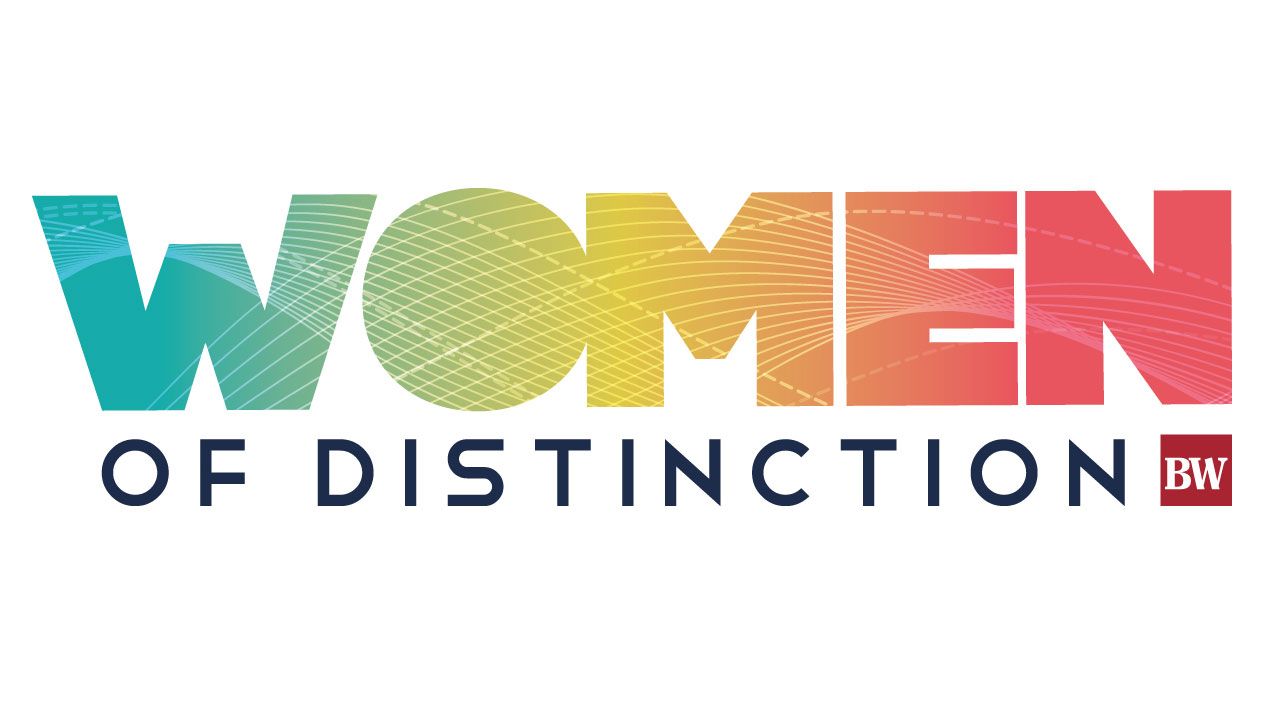Internet sales-tax ruling will change the course of business
On June 21, the U.S. Supreme Court decided for the state in South Dakota v. Wayfair Inc., reversing two of the most significant court cases regarding sales and use tax, Quill and National Bellas Hess. In both Quill Corp. v. North Dakota and National Bellas Hess v. Department of Revenue of Illinois, it was decided that a retailer must have a physical presence in a state beyond just shipment of goods to a state to have nexus (a responsibility to collect and remit sales/use taxes). However, in South Dakota v. Wayfair, the court decided that in today’s increasingly electronic world, physical presence is no longer required for nexus.
To simplify the court decision, internet retailers will now have to start collecting and remitting sales tax in all jurisdictions they sell into. Not only will this add a flow-through tax burden, it will also add potentially hundreds of filings to most businesses with interstate commerce. While this case specifically relates to internet retailers, it is sure to have wide ranging implications to all facets of interstate commerce in the coming years.
There are some small silver linings in this case. The Supreme Court did state in its decision that it feels the thresholds South Dakota set are within reason ($100,000 of in-state sales or 200 separate transactions into the state, annually) and that unreasonable thresholds could still be found unconstitutional. For that to happen, a case would again have to make it through various appeals and be held in front of the Supreme Court once again; that said, there will hopefully be some sort of checks and balances regarding states and the thresholds they enact. South Dakota’s law also prohibited retroactive application of the requirement.
SPONSORED CONTENT
One of the more important results of the Supreme Court overturning Quill and National Bellas Hess is that it has opened a door for Congress to now write new legislation providing a national standard for online retail. Some forms of this legislation are already starting to move into Congress. Over the coming months, this will be an area for business professionals to watch, as new laws signed in by Congress could drastically impact the future landscape of interstate commerce as a whole, and internet retail in particular. Any lack of action by Congress will provide the states and local jurisdictions the opportunity to enact laws and enforce as they wish.
Ryan Sanger, CPA, is a tax partner at Anton Collins Mitchell LLP with a specialization in sales and use tax. He can be reached at 970-352-1700 or rsanger@acmllp.com.
On June 21, the U.S. Supreme Court decided for the state in South Dakota v. Wayfair Inc., reversing two of the most significant court cases regarding sales and use tax, Quill and National Bellas Hess. In both Quill Corp. v. North Dakota and National Bellas Hess v. Department of Revenue of Illinois, it was decided that a retailer must have a physical presence in a state beyond just shipment of goods to a state to have nexus (a responsibility to collect and remit sales/use taxes). However, in South Dakota v. Wayfair, the court decided that in today’s…
THIS ARTICLE IS FOR SUBSCRIBERS ONLY
Continue reading for less than $3 per week!
Get a month of award-winning local business news, trends and insights
Access award-winning content today!

